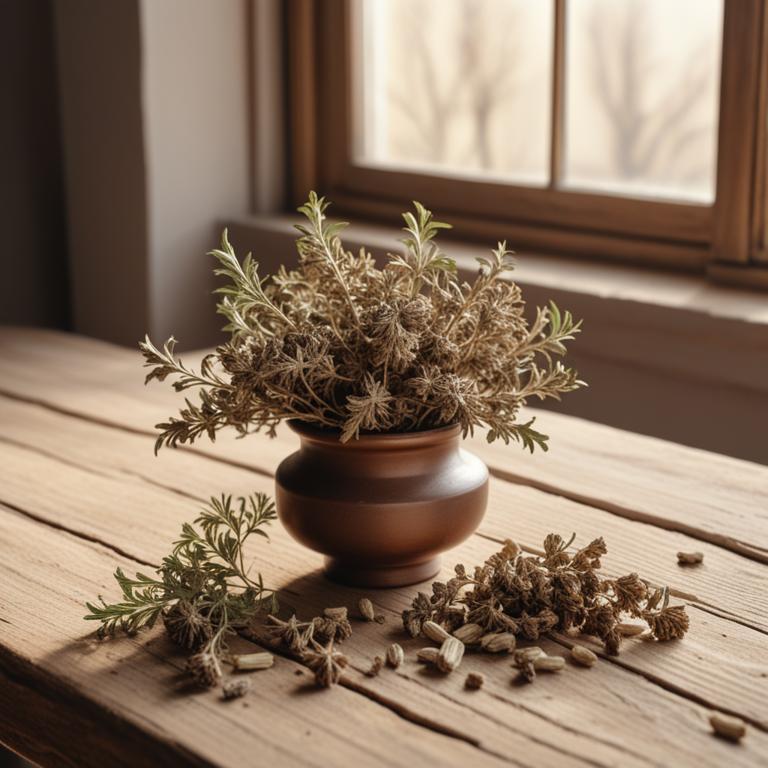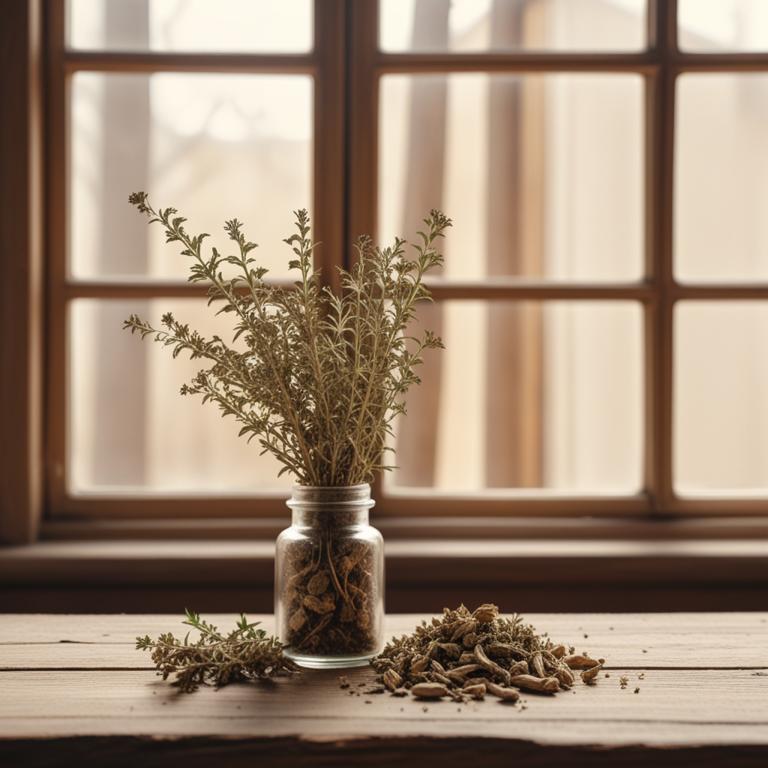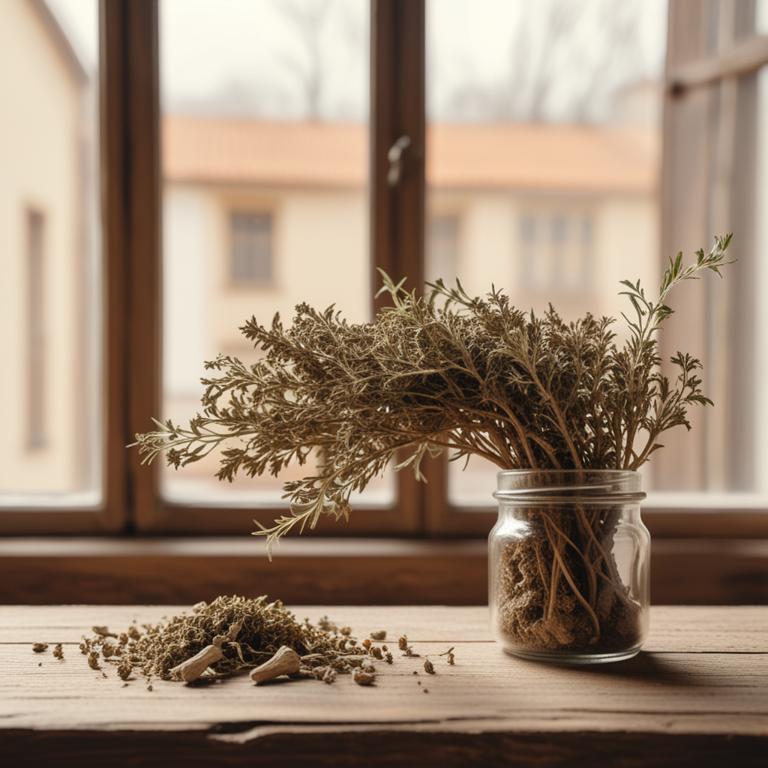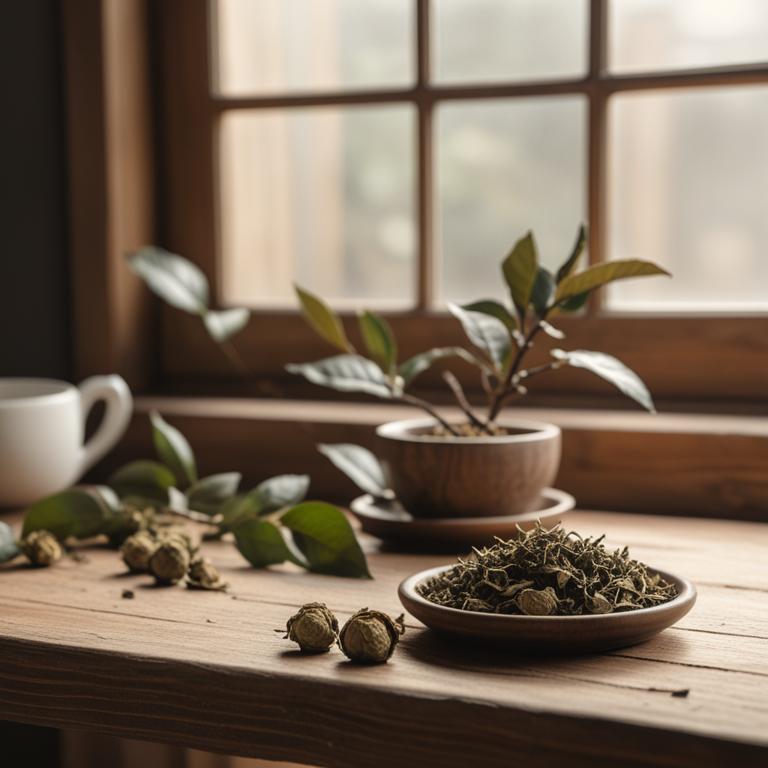Updated: Dec 1, 2024
Jaw Clenching and Bruxism: Causes, Medicinal Herbs, and Herbal Preparations
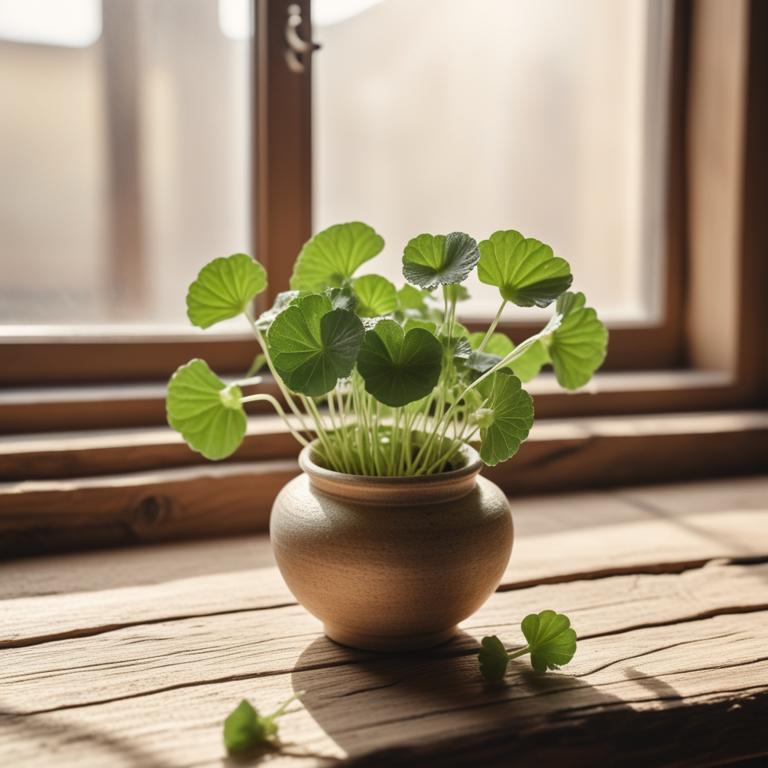
Jaw clenching, also known as bruxism, is a common habit where you unconsciously grind and clench your teeth, often while you're sleeping.
This can lead to tension headaches, earaches, and even damage to your teeth and jaw. If you're experiencing jaw clenching, you may find yourself waking up with a sore jaw, or feeling anxious and on edge, especially during times of stress. The causes of jaw clenching can be varied, but often it's linked to stress, anxiety, or a misaligned bite. Some people may also experience jaw clenching as a result of certain medications or even a sleep disorder.
Fortunately, there are some herbal remedies that can help alleviate jaw clenching. Herbs like lavender and chamomile are known for their calming effects, which can help reduce stress and anxiety that may be contributing to jaw clenching. Peppermint, on the other hand, has a cooling effect that can help relax the jaw muscles. You can use these herbs in a variety of ways to help ease jaw clenching. For example, you can make a calming tea by steeping dried chamomile flowers in hot water, or rub a few drops of peppermint essential oil onto your temples or jawline.
Some people also find it helpful to drink a warm tea made from lavender flowers before bed to promote relaxation and reduce jaw clenching.
Table of Contents
- What are the main causes of jaw clenching?
- What are the benefits of using herbal treatments for jaw clenching?
- What are the key medicinal herbs that address jaw clenching?
- What are the top herbal preparations used for jaw clenching relief?
- Are there any herbs that you should avoid if you have the habit of jaw clenching?
- FAQ
What are the main causes of jaw clenching?
The main causes of jaw clenching are Bruxism, teeth grinding, stress, anxiety, and sleep disorders.
Bruxism is an involuntary grinding or clenching of the teeth, often due to misaligned teeth or a bad bite. This can lead to jaw clenching as the body tries to correct the alignment.
Teeth grinding is a similar condition, where people grind their teeth, often at night, due to stress or anxiety. Stress and anxiety are common causes of jaw clenching, as people clench their jaws when they're under pressure or feeling anxious. Sleep disorders, such as sleep apnea or insomnia, can also cause jaw clenching, as people may grind their teeth or clench their jaws during sleep.
This is often due to the disrupted sleep patterns and increased stress levels associated with sleep disorders.
What are the benefits of using herbal treatments for jaw clenching?
Using herbs for jaw clenching can be a great way to relax and reduce muscle tension.
These herbs have anti-inflammatory properties, which can help to reduce swelling and pain in the jaw and surrounding areas. They can also help to calm the nervous system, making it easier to fall asleep and stay asleep, which is often a problem for people with jaw clenching.
Additionally, some herbs have a soothing effect on the muscles, helping to relax the jaw and reduce grinding and clenching. This can also help to prevent headaches and earaches that often accompany jaw clenching.
By reducing muscle tension and promoting relaxation, these herbs can help to improve sleep quality, reduce pain, and alleviate symptoms of jaw clenching.
What are the key medicinal herbs that address jaw clenching?
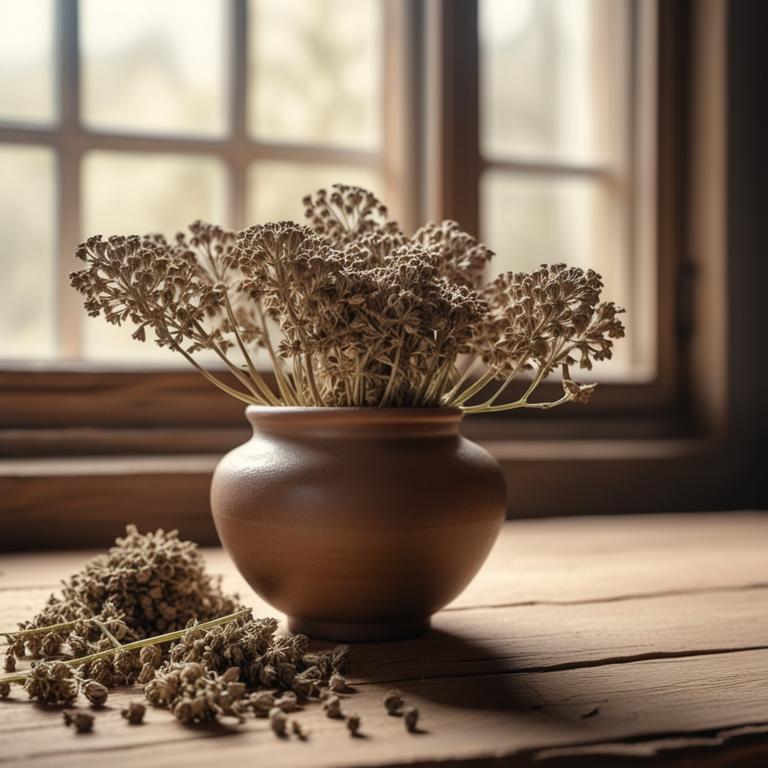
Jaw clenching, or bruxism, can be a real pain - literally.
When we're stressed, anxious, or even just concentrating, our muscles tense up, and our jaw muscles are no exception. That's where herbs come in - they can help calm our nervous system and relax our muscles. For example, Valeriana officinalis, or valerian root, is a natural relaxant that can soothe our nervous system and help us unwind. It's like a gentle massage for our muscles. Melissa officinalis, or lemon balm, is another herb that can calm our mind and body. It's known for its anti-anxiety properties and can help us feel more relaxed and focused.
Passiflora incarnata, or passionflower, is a natural sedative that can help calm our nervous system and reduce anxiety. It's often used to treat insomnia and restlessness. Lavandula angustifolia, or lavender, is a calming herb that can promote relaxation and reduce stress. Its soothing scent can even help us fall asleep faster. And then there's Zingiber officinale, or ginger, which can help reduce inflammation and pain in our muscles. When we're stressed, our muscles can become inflamed, and ginger can help alleviate that. All these herbs can work together to help us relax and reduce jaw clenching.
They can be taken in the form of teas, supplements, or even just added to our bathwater for a relaxing soak.
What are the top herbal preparations used for jaw clenching relief?
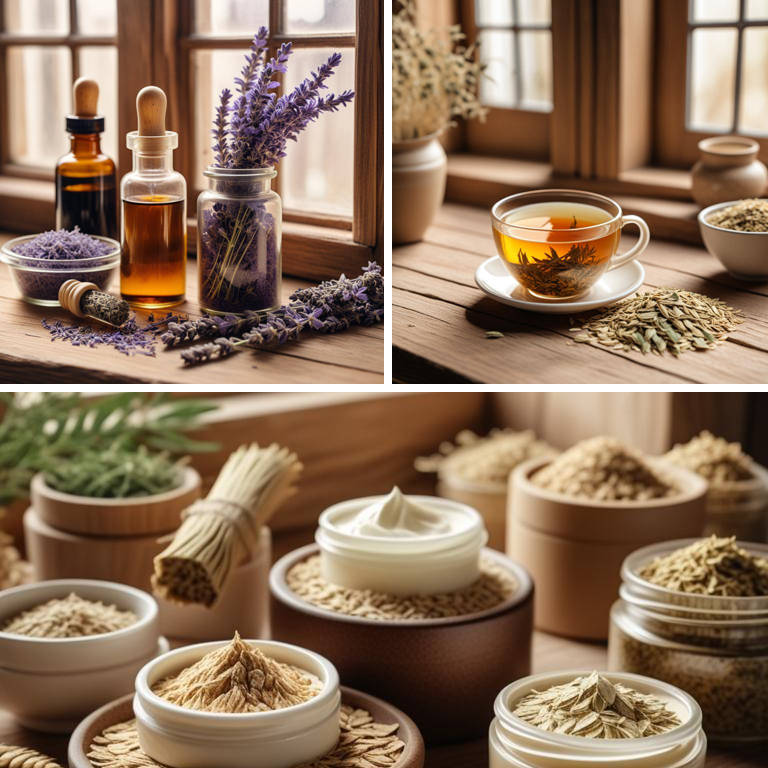
If you're dealing with jaw clenching, herbal preparations can be a great help.
You can take them in different forms to suit your needs. Capsules are a convenient option - they contain dried herbs that are easy to swallow and can provide a quick release of active ingredients. Herbal tinctures are another choice - they're liquid extracts that can be added to water or taken directly. Tinctures can be more potent than capsules, so start with a small amount and adjust as needed.
You can also use tea bags to make a soothing drink. This is a gentle way to release the calming properties of the herbs and can be especially helpful if you're feeling stressed or anxious. A decoction is a stronger tea made by simmering herbs in water. It can be more effective for releasing the active ingredients from the herbs, especially roots and bark. Herbal creams can be applied directly to the affected area, providing a localized relief from jaw clenching and tension.
They often contain anti-inflammatory and pain-relieving properties to help you relax and reduce discomfort.
Additional Resources:
- 10 herbal tinctures for jaw clenching
- 7 herbal teas for jaw clenching
- 11 herbal creams for jaw clenching
Are there any herbs that you should avoid if you have the habit of jaw clenching?
If you have jaw clenching, it's best to steer clear of Ginkgo biloba.
This herb can cause blood vessels to dilate, leading to an increase in blood flow to the muscles of the jaw, which can exacerbate clenching. Furthermore, Ginkgo biloba can stimulate the nervous system, potentially making jaw clenching worse. Ginseng, specifically Panax ginseng, is another herb to be cautious with. It can cause an increase in stress and anxiety, which often triggers jaw clenching. Additionally, Ginseng can cause an energy boost, leading to more muscle tension in the jaw area.
Ephedra sinica, also known as Ma Huang, is a stimulant herb that can increase heart rate and blood pressure, causing more stress on the jaw muscles. This can lead to worse jaw clenching episodes. Cinchona officinalis, the source of quinine, can also contribute to jaw clenching issues. It contains compounds that can stimulate the nervous system and cause muscle tension, making jaw clenching worse. Licorice root, or Glycyrrhiza glabra, has a similar effect on the body. It contains a compound called glycyrrhizin, which can cause water retention and lead to increased blood pressure.
This can put more strain on the jaw muscles, making clenching worse.
FAQ
Are there any specific herbs that can prevent jaw clenching?
Ginger and passionflower are sometimes used to help calm the nervous system, which may help reduce jaw clenching.
These herbs are thought to have a soothing effect on the body.
Some people find that taking them as a supplement or tea helps to relax tense muscles and alleviate jaw tension.
Is it safe to use herbal remedies for jaw clenching during pregnancy?
If you're experiencing jaw clenching during pregnancy, you might be tempted to try herbal remedies.
However, it's best to be cautious. Some herbs can interact with pregnancy hormones or cause other issues. For example, feverfew can slow blood clotting, and ginger can affect blood sugar levels.
Always research the potential risks before trying any herbal remedies.
Are there any herbs that can reduce the frequency of jaw clenching?
Ginger has been found to help relax muscles, including those in the jaw.
Its anti-inflammatory properties can also reduce pain and discomfort caused by jaw clenching.
Some people find that consuming ginger tea or taking ginger supplements helps ease tension and calm the jaw, leading to fewer instances of clenching.
Can i combine different herbal remedies for jaw clenching?
You can combine different herbal remedies for jaw clenching, but be cautious.
For example, you might try pairing lavender oil, known for its calming effects, with peppermint oil, which can help ease muscle tension.
Another option is to use a blend of chamomile and valerian root, both of which can promote relaxation and reduce stress.
Related Articles
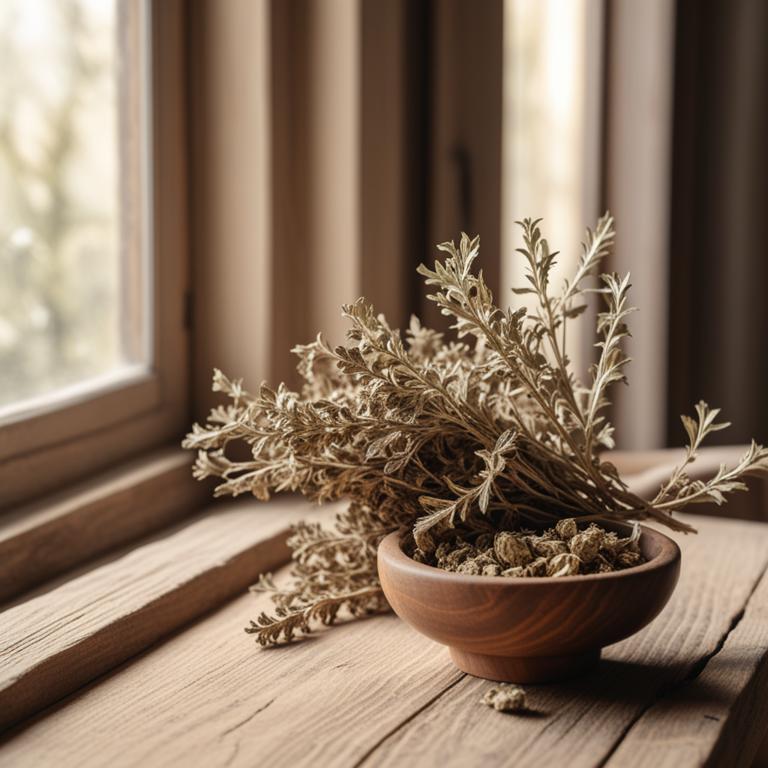
Jaw Lock: Causes, Medicinal Herbs, and Alternative Herbal Treatments
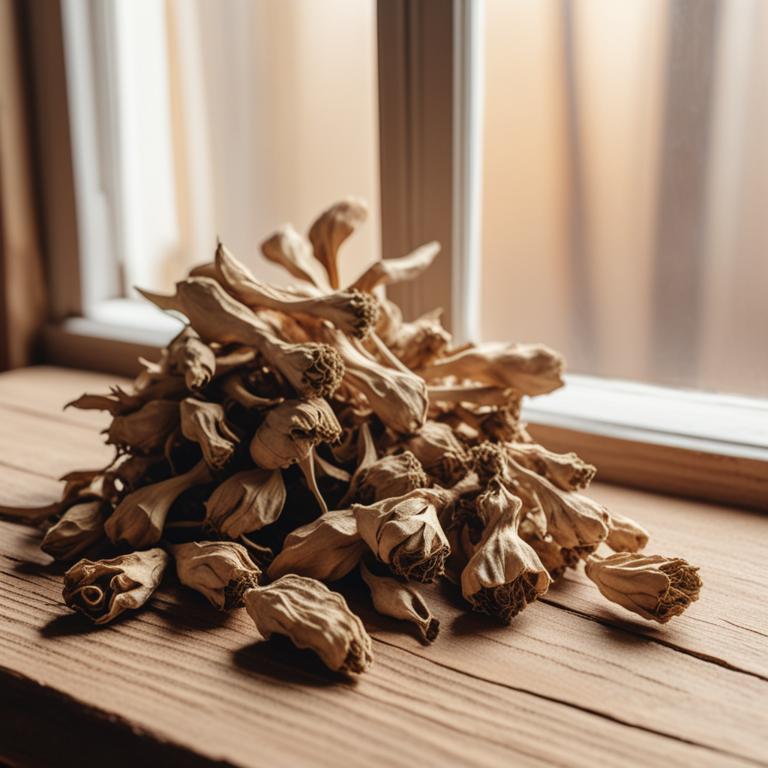
Herbal Solutions for Reducing Joint Stiffness and Improving Mobility
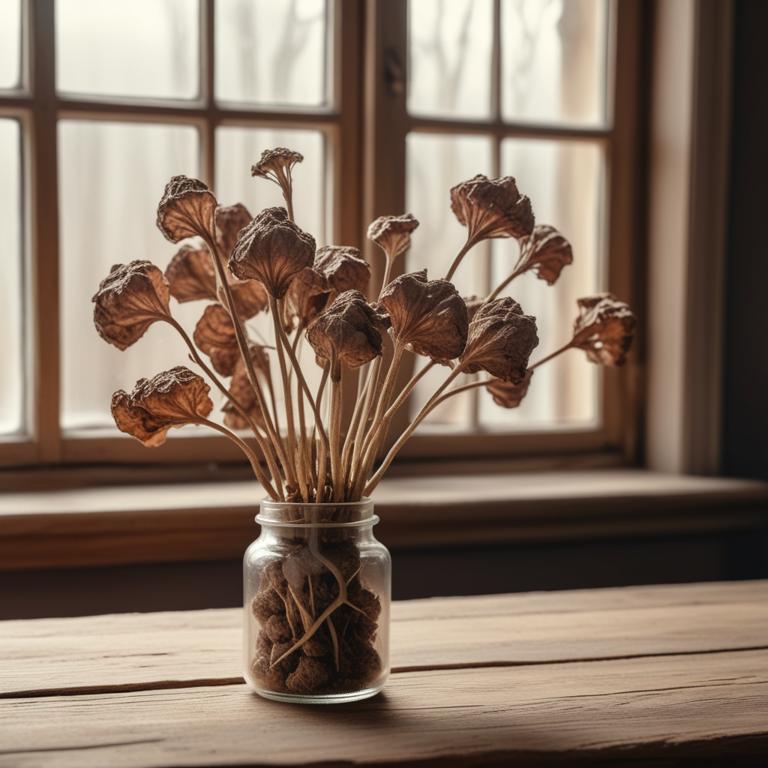
Understanding Arthritis: Causes, Medicinal Herbs, and Herbal Preparations
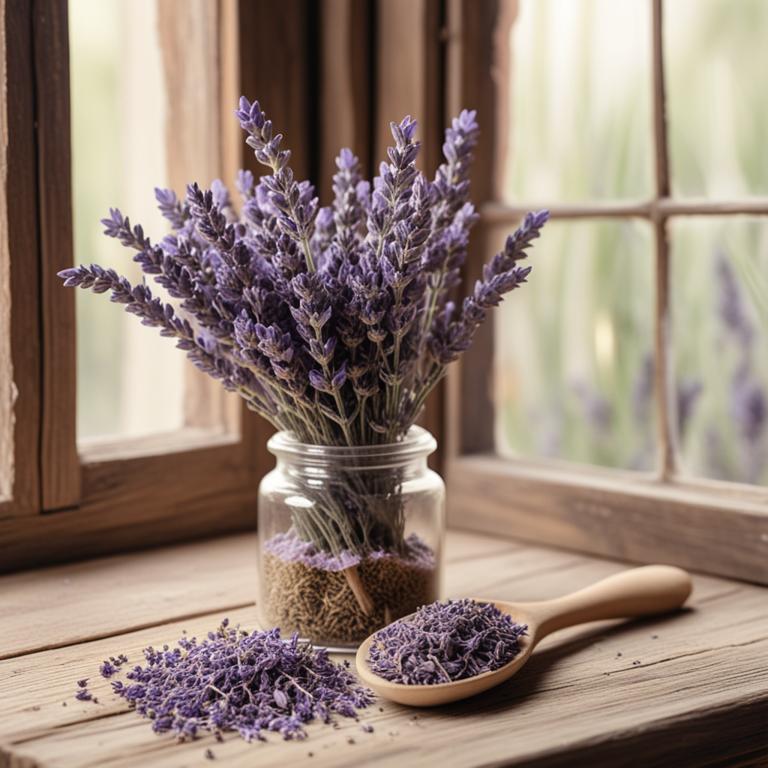
Jaw Clenching and Bruxism: Causes, Medicinal Herbs, and Herbal Preparations
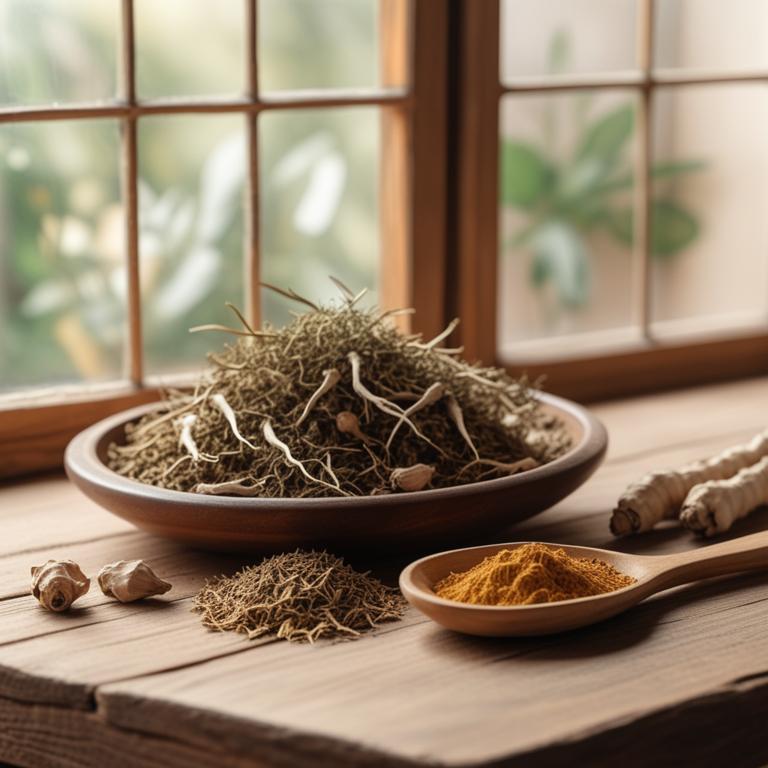
Knee Swelling: A Guide to Medicinal Herbs and Natural Preparations
